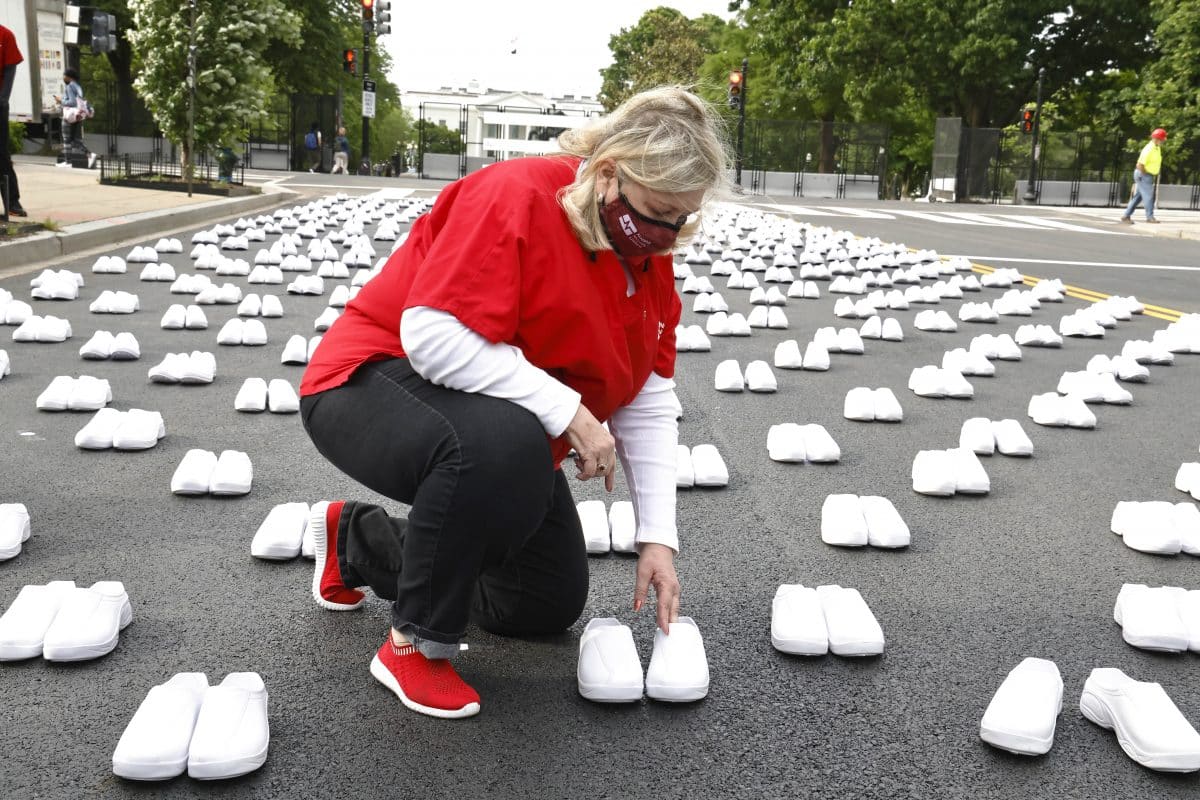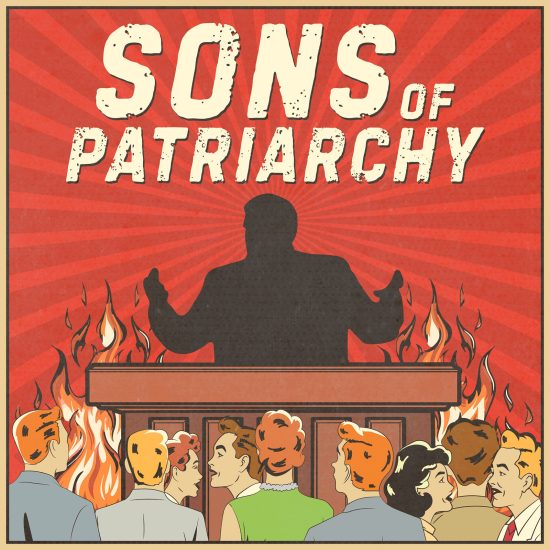
Early in the COVID-19 pandemic, I started writing about the last major global pandemic. It offered some interesting reminders about this unique time we were entering.
While none of us lived through that time 100 years earlier, many of our churches did. And they survived — even without virtual worship options. As Word&Way reports from then showed, churches canceled services during virus surges to keep people safe, and denominational meetings were held later with people wearing masks.

Brian Kaylor
But as I started writing about that earlier pandemic, I had to make a couple decisions about what to call it. The first thing I did was not call it the “Spanish flu.” Instead, I went with the “flu pandemic” for two reasons.
First, the common moniker is inaccurate. While it was first reported in Spain, it didn’t actually start there. Instead, because of the secrecy in many nations during the global conflict we now call World War I, governments covered up news of a large flu outbreak. Spain was honest and so people started naming the flu after them. In reality, it likely started in Kansas.
Second, the term “Spanish flu” assigns a geographical blame that could spark prejudice and discrimination. Thus, even though I am a Missourian, I also avoided calling it the “Jayhawk flu” to deride our rivals to the west. This decision proved an important model as we soon saw some politicians and pundits referring to COVID as the “China flu” or worse. Such rhetoric helped fuel a rise in anti-Asian violence in our country. Words matter and impact others.
And so, I started writing about the flu pandemic of 1918. But I quickly changed that to the flu pandemic of 1918-1920. I did so after reading that more people died in Missouri during that pandemic in 1920 than in 1918 or 1919. So, it was a more accurate term to use the longer date range.
But I also started wondering if we needed to prepare ourselves for the long haul with this pandemic. Unfortunately, that turned out to be too true.
Here we are in our third pandemic year. 2020 bled into 2021 and now 2022. And even though the life-saving vaccines rolled out early last year, more people died from the virus in 2021 than in 2020. And then the omicron surge that fired up at the end of the year brings a warning that more might still be coming.
There’s a big difference, however between the flu pandemic of 1918-1920 and the COVID pandemic of 2020-2022 (I’m going for hope with that end date). The difference is modern medicine.
We didn’t have a flu vaccine 100 years ago. That now routine vaccine we get annually was still more than two decades off as the flu pandemic killed tens of millions of people around the world. So, of course, the pandemic would keep going for wave after wave as we waited for the virus to burn out or enough people to finally gain some natural immunity. It turns out, it takes a long time and a lot of bodies to get to that point.

At a May 12, 2021, event in front of the White House in Washington, D.C., Jean Ross, president of National Nurses United, places shoes to honor the more than 400 registered nurses who had lost their lives caring on the front line of COVID-19. (Paul Morigi/Associated Press)
Things are different now. Or at least they should be. For those who got vaccinated (and especially those boosted), the situation is quite different. This is now a pandemic of the unvaccinated. That is who is dying. But unlike a century ago, it’s a choice. If we didn’t have so many people — including many Christians — refusing to get vaccinated, perhaps we could end a pandemic sooner than we did in the early 20th century.
Instead, as the pandemic continues to find life, I fear we’re losing our ability to deal with it well. And that is history repeating itself again. The fourth wave of the flu pandemic that hit across the nation in 1920 with deadly force didn’t garner as much attention as the earlier waves in 1918 and 1919. People had moved on. They were tired of the flu pandemic. And millions of more Americans died.
Here we are again. But as Christians we can’t just shrug or look away. As much as we might want COVID to be over, it’s not. Our neighbors are still getting sick and dying. We need to keep encouraging people to get vaccinated. And we need to all do our part to care for those who lost loved ones or who are struggling after years of financial, psychological, or spiritual disruption.
This season will pass. Eventually. But until it does, we are called to minister in this moment.
Brian Kaylor is president & editor-in-chief of Word&Way. Follow him on Twitter: @BrianKaylor.






